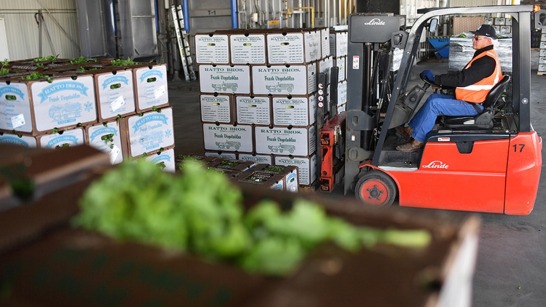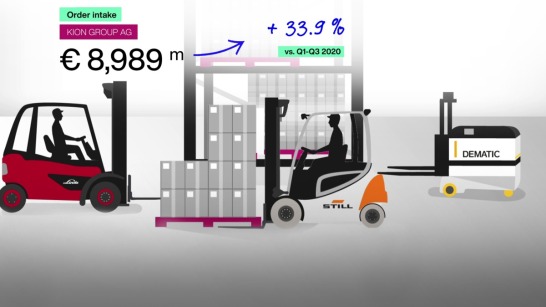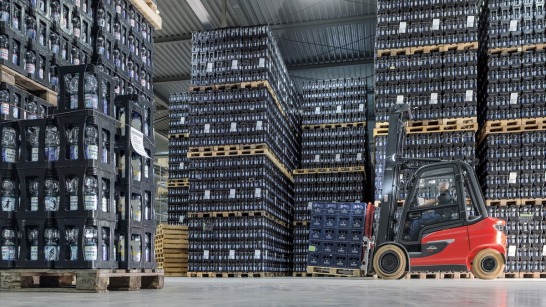
Powerful Intralogistics Solutions for the Agriculture Sector
Agriculture has been at the very heart of human life since ancient times. By farming the land, our ancestors were able to leave behind their nomadic hunter-gatherer existence and settle down in one place – the precursor to the communities we know today. Even now in the 21st century, agriculture accounts for more than a third of global land usage. Everything we eat begins its life in our farmers’ fields— and getting it fresh from the farm to our plates requires the processes that run as smoothly as possible. Enter the KION brands—Linde Material Handling, STILL and Dematic—all of which have a major role to play in these vital global supply chains.
2021-10-01


.jpg)


